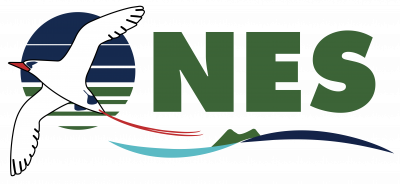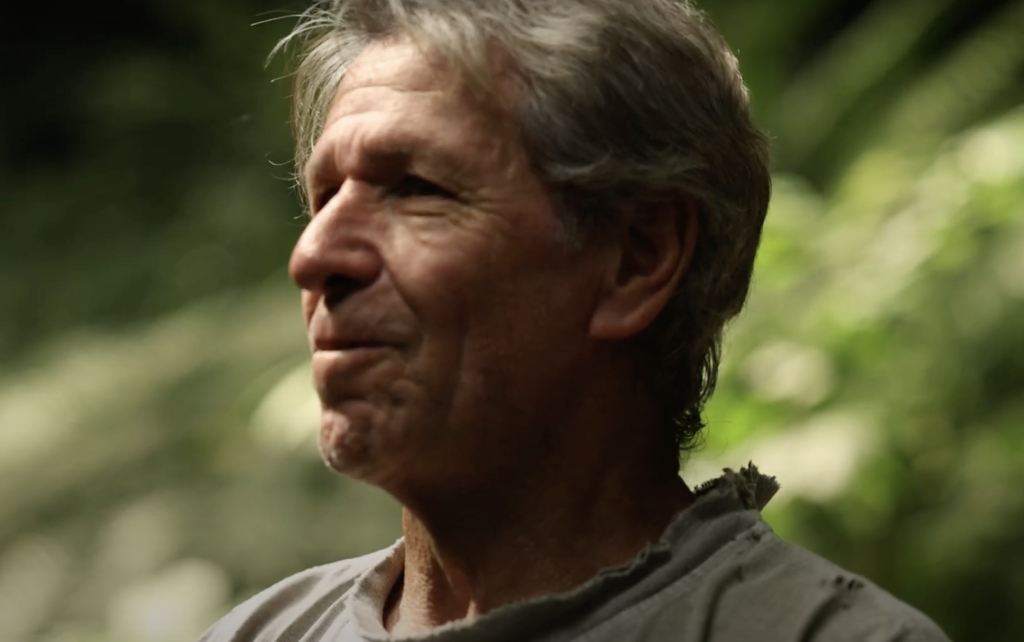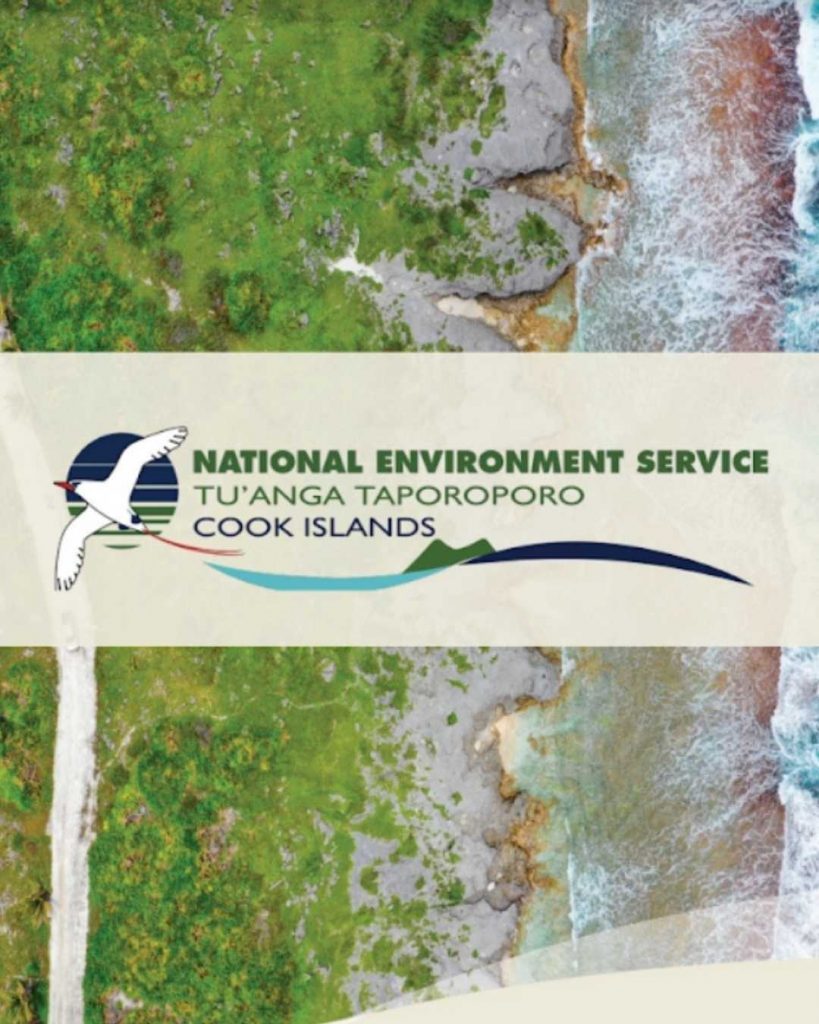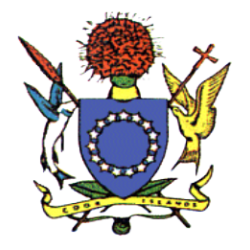The National Environment Service (NES) and the Ministry of Agriculture (MOA) will jointly host the 6thPacific Invasives Learning Network (PILN) in Rarotonga from 12 to 16 August 2024. This is a milestone for the Cook Islands to host this prestigious regional meeting for the first time.
The Pacific Invasives Learning Network (PILN) connects professionals and practitioners from across the Pacific, to share knowledge, expertise, tools, and ideas that are vital to managing invasive species effectively.
Invasive species are the leading driver of biodiversity loss in the Pacific. When a species is accidentally or intentionally introduced into a new landscape or seascape, the consequences can be devastating, posing a large threat to food security, international trade, public health and tourism. Plants and animals can spread unchecked, disrupting natural cycles, and costing billions. They have a significant impact on ecosystem resilience leading to a loss of production in ecosystem services and a reduced ability to adapt to climate change.
Launched in 2006, the PILN’s mission is “to empower effective invasive species management through a participant-driven network that meets priority needs, rapidly shares skills and resources, provides links to technical expertise, increases information exchange, and accelerates on-the-ground action”.
The event will bring together over 70 invasive species professionals and practitioners from across the Pacific region and within the Cook Islands including Atiu and Mauke, to share and celebrate their successes and challenges, and to address critical issues related to invasive species management.
A key feature of the 6th PILN meeting programme will be a session on monitoring of biological controls, or biocontrols, that have been introduced into the Cook Islands. Biocontrols are species that help to reduce the spread of an invasive plant or animal and are considered to be ‘natural enemies’ of that invasive plant/animal. Notable biocontrols in the Cook Islands includes the Red Postman butterfly (Heliconius erato cyrbia) for the invasive red passionfruit vine (Passiflora rubra), and the gall mite and African tulip tree flea beetle (Paradibolia coerulea) for the African tulip tree (Spathodea campanulata).
NES and MOA are excited to host the delegates next month and to share the Kia Orana spirit.







